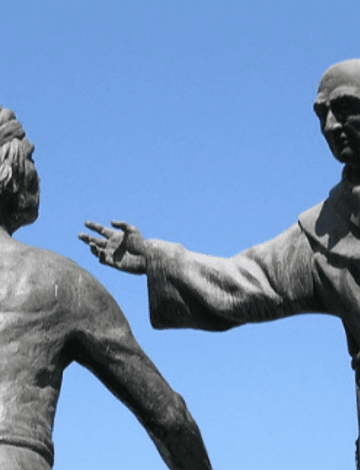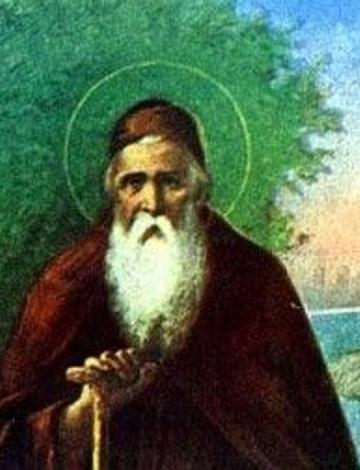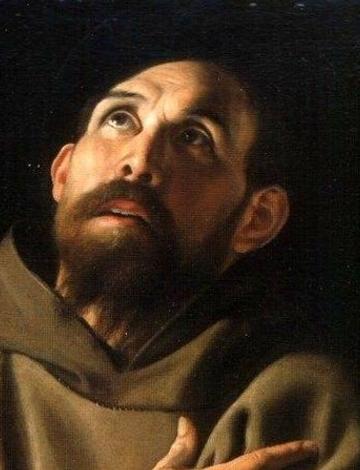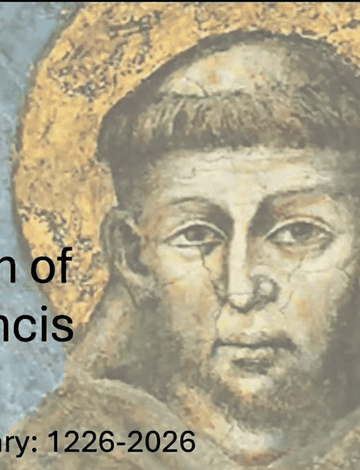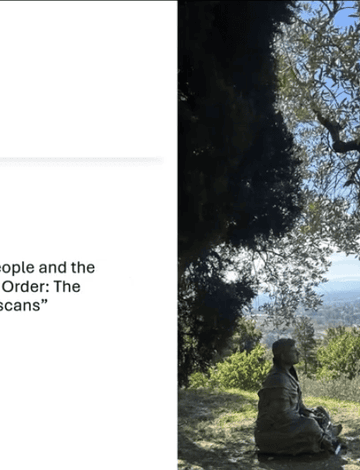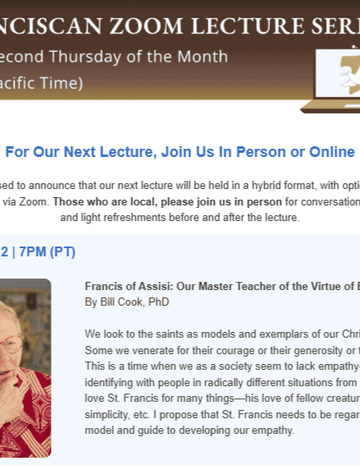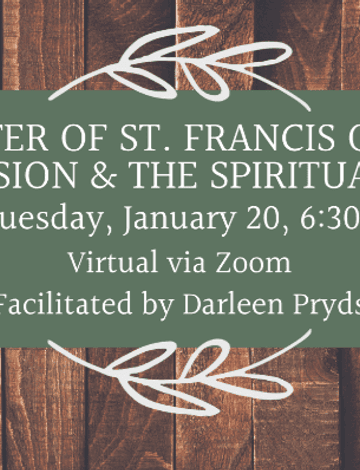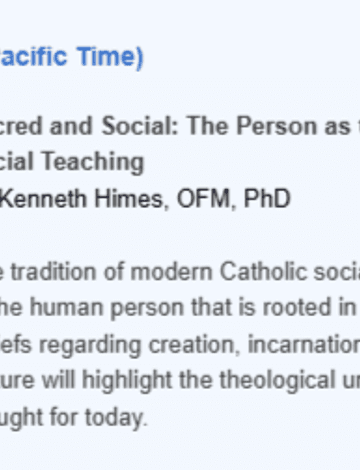
In this presentation, Kenneth Himes, OFM, PhD will discuss the theological underpinnings of Catholic social thought for today.

In this presentation, Kenneth Himes, OFM, PhD will discuss the theological underpinnings of Catholic social thought for today.
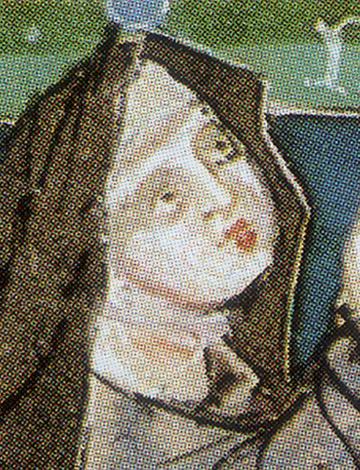

On March 2, the Franciscan family and the people of the Czech Republic honor the memory of Saint Agnes of Bohemia (Agnes of Prague).
On February 25, Franciscans remember Blessed Sebastian de Aparicio (1502–1600) who lived a highly unusual life on two continents, first as a devout layman and then as a Franciscan friar.
On February 19, Franciscans remember Saint Conrad of Piacenza (c. 1290–1351), a lay penitent hermit known for his life of contemplative prayer.
Today, Christians begin the sacred season of Lent in this year of grace 2026.
"Francis of Assisi: Our Master Teacher of the Virtue of Empathy" by Bill Cook, PhD is the latest lecture of the Franciscan Zoom Lecture Series, hosted by the Franciscan School of Theology at the University of San Diego.
"The Death of St. Francis in 1226: Looking Back after 800 Years" by Br. Bill Short, OFM is the latest lecture of the Franciscan Zoom Lecture Series, hosted by the Franciscan School of Theology at the University of San Diego.
"Franciscan-hearted People and the So-Called 'The Fourth Order:' The Tradition of Lay Franciscans" by Darleen Pryds, PhD is the latest lecture of the Franciscan Zoom Lecture Series, hosted by the Franciscan School of Theology at the University of San Diego.
In this presentation, Kenneth Himes, OFM, PhD will discuss the theological underpinnings of Catholic social thought for today.
In this presentation, Bill Cook, PhD, will suggest that St. Francis needs to be regarded as a model and guide to developing our empathy.
In this first presentation of our four-part series, facilitated by Darleen Pryds, we will look at the final years of Francis’ life, when his spiritual conversion reached completion. In this series, we will reflect on the process of ongoing conversion in our own lives by using stories from Francis’ life.
